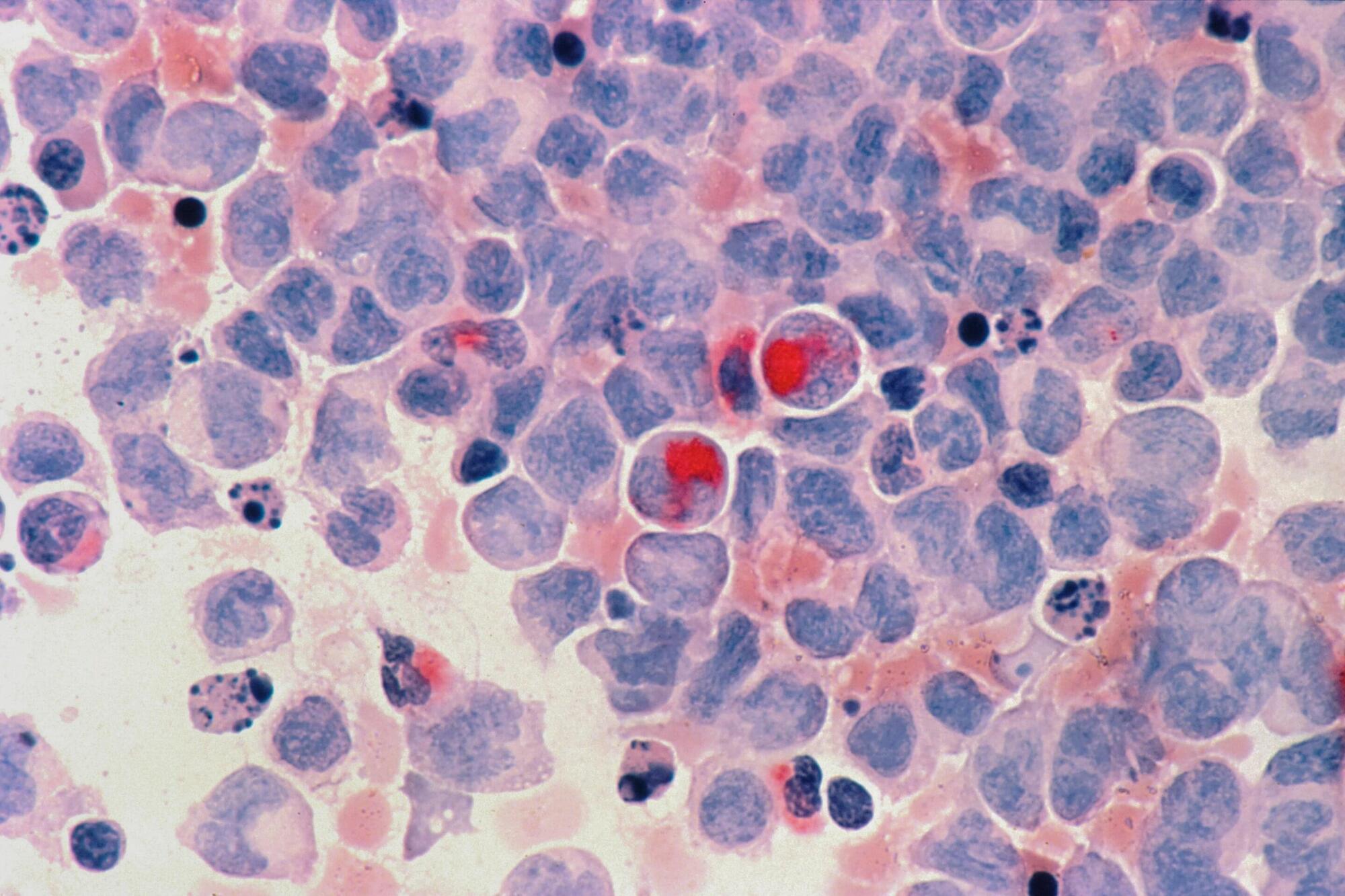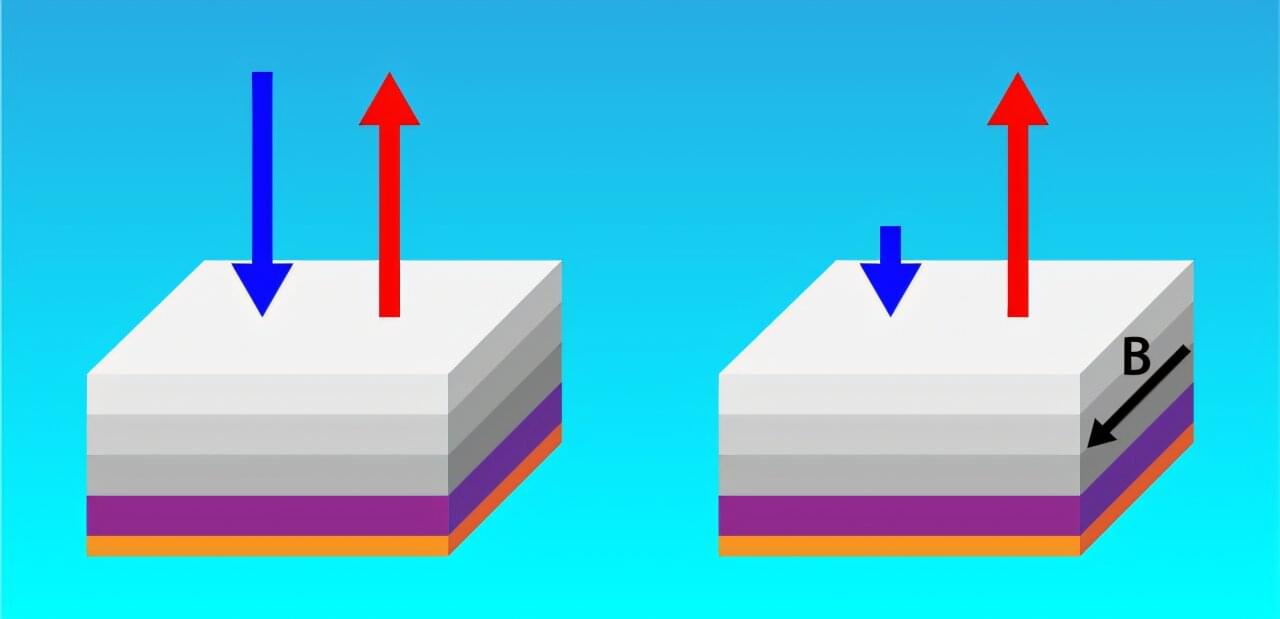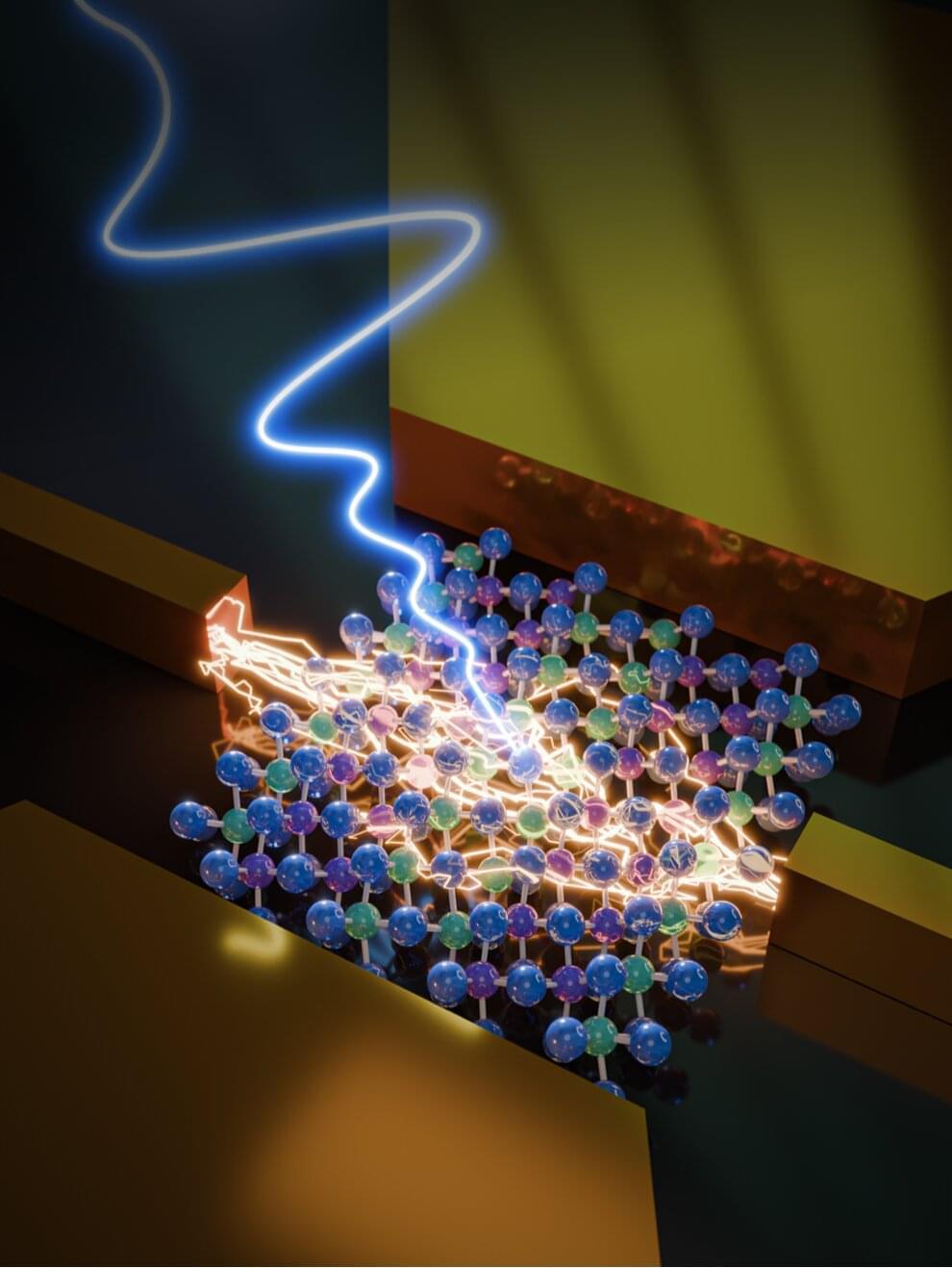Check out the free AMD loaner offer. Test the Ryzen PRO laptops yourself and experience the benefits they can bring to your business:
https://tinyurl.com/4zwaxnfm.
Timestamps:
00:00 — New Technology.
10:57 — How It Works & Applications.
15:10 — Challenges.
GIVEAWAY form: https://docs.google.com/forms/d/e/1FA… with me on LinkedIn ➜ / anastasiintech Connect with me on Instagram ➜
/ anastasi.in.tech Subscribe to My Deep In Tech Newsletter ➜ https://anastasiintech.substack.com Support me at Patreon ➜
/ anastasiintech #AMD #RYZENPRO
Connect with me on LinkedIn ➜ / anastasiintech.
Connect with me on Instagram ➜ / anastasi.in.tech.
Support me at Patreon ➜ / anastasiintech.
#AMD #RYZENPRO







